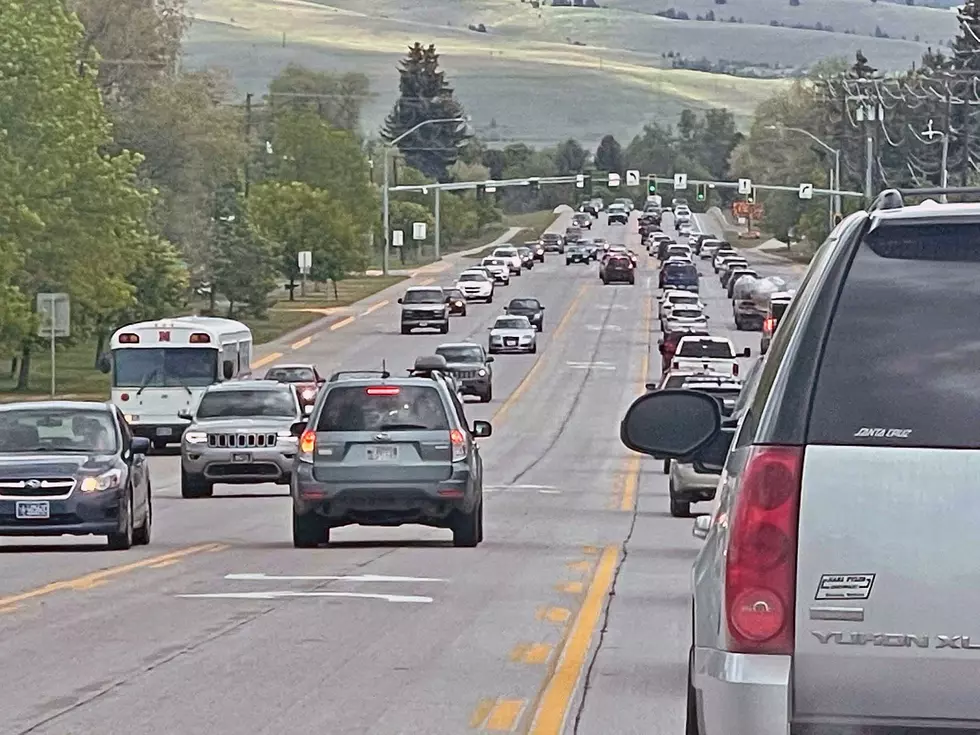
Residents oppose Reserve St. zoning change, proposed car wash
Martin Kidston
(Missoula Current) Citing concerns over traffic and a change in neighborhood character, residents who live near a Reserve Street property eyed for a change in zoning voiced opposition to the proposal on Wednesday.
The applicant, represented by IMEG Corp., looks to change the zoning on three parcels to community commercial, allowing for all residential building types and a larger number of commercial opportunities.
“This zoning will result in a standard zoning district, which cannot be conditioned,” said city planner Zoe Walters. “Standard zoning districts must apply the same requirements to all parcels within the same zoning district, equally.”
By law, the City Council cannot consider the end use when considering a zoning change but rather, whether the zoning change meets a number of criteria. The review criteria include compatibility with the growth policy, compatible urban growth, district character, suitable use of land, and whether the zoning change is in the best interest of the city.
But the applicant has already stated his intent to build a car wash on the property. That has blurred the lines between the proposed use of the property and how a change in zoning must be considered.
“No one here is unaware of the fact that it's difficult to separate the decision space for the proposed rezone with what's envisioned on the parcel,” said Joe Dehnert with IMEG. “The applicant has been forthright from the beginning that the plan out here is to build a carwash.”
The planning board has already recommended denial of the zoning change while city planning has recommended approval. The planning office said the proposed zoning change aligns with the growth policy, supports the Reserve Street Area Plan and supports the city's focus inward approach to development.
But area residents see it differently, and they've gathered enough signatures to reach a formal petition of protest. That will require the City Council to muster a majority 66% vote to pass the zoning change.
“There are a lot of good reasons for voting no and justifying it,” said Reagan Callaway, a resident who lives adjacent to the property. “Think about a whole bunch more cars using that center suicide lane (on Reserve). It's a very difficult turn to make going either way.”
The area includes a number of single family and multi-family homes, along with a senior living center. But Eighth and Ninth streets off Reserve dead end. Residents contend they lack the infrastructure and room to accommodate the level of traffic some believe the car wash will attract.
“That level of zoning is too intense for our tiny little road. There's no through streets,” said resident Tara Jensen. “If this is the type of zoning that's supposed to bring in more people from throughout the area, you're taking them down these tiny little roads.”
The City Council in past years has approved zoning changes despite traffic concerns and even when infrastructure is lacking. City officials also said it's not unusual in Missoula for a commercial district to abut a residential area.
“All of our commercial districts do allow for residential,” said city planner Cassie Tripard. “The way Missoula is currently set up, most commercial districts also abut residential districts. It's the zoning pattern in town and it may be a discussion for code reform as well.”
Members of City Council have yet to weigh in on the zoning change. But when they do, those voting against it when the time comes will need to articulate their reasons for doing so, said City Attorney Ryan Sudbury.
“We need findings in the record from those voting no to say why they're voting no, because that'll ultimately be what the city will be judged on in any sort of judicial review for this action,” he said. “If you're leaning toward voting no, you'll need to think about what sort of comments you'll make on the record to identify why you would vote no. It can't be focused on the car wash use, but rather the general use classifications allowed with the requested zoning change.”
